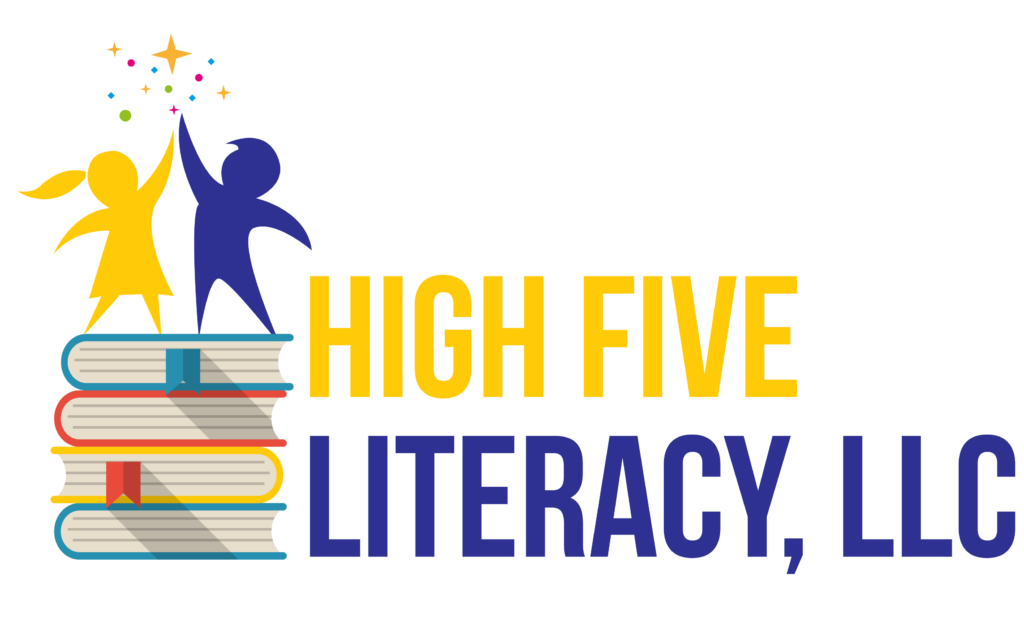
“Relax!” Few things grate on my nerves more than being told to “relax” when frustrated or anxious. When someone tells you to calm down, does that work for you? I would think most people cannot relax on demand. Children lacking in self-regulation cannot be told to calm down; they need to be taught how to relax. A school district on Long Island that I had written about in a prior blog, “More Time to Play,” recently implemented mindfulness, yoga, and meditation practices for its students during the school day, in addition to extended play. Dr. Michael Hynes, Superintendent of the Patchogue-Medford School District, is an innovator and a leader for the whole child movement which has begun to build momentum. Many school district leaders would say they are interested in improving the health and well-being of children, but saying is not the same as actually doing something about it. Dr. Hynes worked with a mindfulness coach and witnessed the benefits firsthand. As reported in Education Week, he wanted to share these benefits – enhanced “focus, productivity, clarity, and joy,” with his staff and students. He believes that there is more to school than just test scores, and he has demonstrated his commitment to the Patchogue-Medford community by incorporating wellness activities. Dr. Hynes clearly follows the Mind, Brain, and Education research backing such practices. While other districts are lengthening the school day with more academics and spending more on technology, he has chosen to create a Yoga Room and give children more recess.
Why would a Reading Specialist be writing about mindfulness, yoga, and play? Because a cluttered mind impacts reading comprehension, and children who are not able to focus and be in the moment will just read words without engaging with the text. If they cannot block out distractions, focus, and become active in the process, they will not make necessary connections. When we are experiencing chronic stress, we are thinking about what happened yesterday and what might happen tomorrow. We are not present in our thoughts. Reading comprehension requires consistent questioning of text, checking in with ourselves, and making inferences. Executive functioning skills include being able to pay attention, self-regulate behavior, strategize, organize, and plan. These skills are prerequisites for academic success. The Patchogue-Medford Superintendent understands the importance of developing the Whole Child.
For more information, see Tom McGuire’s Facebook group, Friends Who Educate the Whole Child. Tom is a fierce advocate for supporting children’s social-emotional development. Visit the Mindful Schools website and take one of their courses. I took their fundamentals course online and had the pleasure of getting trained in the Mindful Schools Curriculum when its instructors were in New York. And if you are interested in a good book on this topic, read Goldie Hawn’s book, Ten Mindful Minutes. You will begin to learn that the mind and body are intricately connected. Children need strategies, not more directives, in being able to focus and perform optimally in school.
Faith Borkowsky, Owner and Lead Educational Consultant of High Five Literacy and Academic Coaching, is a Certified Wilson Dyslexia Practitioner, is Orton-Gillingham trained, and has extensive training and experience in a number of other research-based, peer-reviewed programs that have produced positive gains for students with dyslexia, auditory processing disorder, ADD/ADHD, and a host of learning difficulties.
High Five Literacy and Academic Coaching is located in Plainview, Long Island. Read about what we can offer you and your child: http://highfiveliteracy.com.
*If you found this post informative or interesting, please follow my blog by entering your email in the space provided, or LIKE us on FaceBook @highfiveliteracy

3 Comments. Leave new
Thank you for your kind words, friendship and professional passion.
Peace, Love and Light, Tom🌸🌷🌸
some truly interesting points you have written.
I too am a Reading Specialist and one of a cohort in my school that is continuing to be trained in trauma based interventions and compassionate care trained. Our state is attempting to be the first state to have their teachers trained in this area. I always begin my groups with three rings of my singing bowl. The first is to settle the physical body, the second is to breathe, the third remember the intention of being present to learn during our intervention group. Mindful practices have been a life changer for me, my family and students.